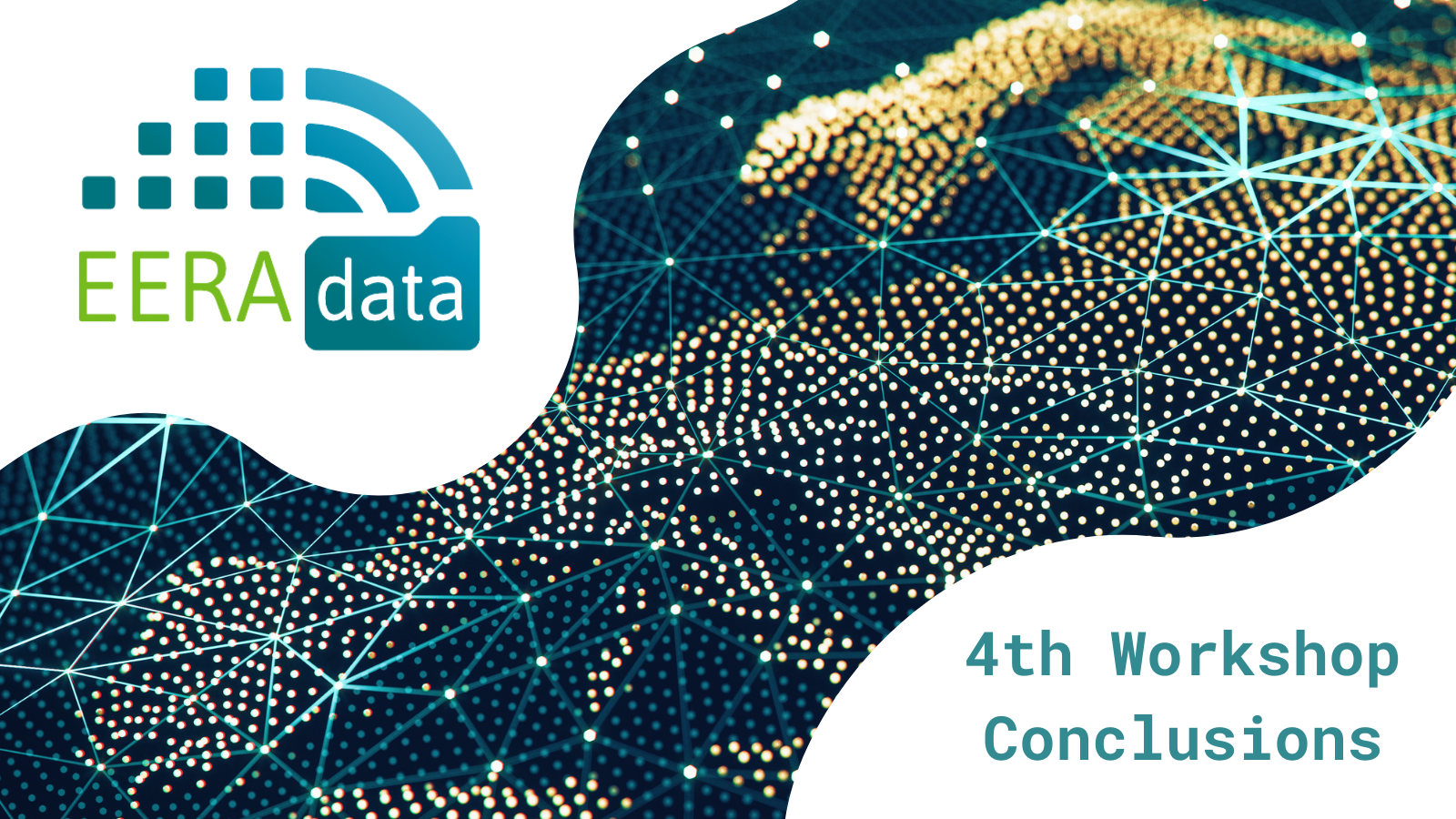Lively discussions moderated by the EERAdata consortium members brought together holders and users of databases to exchange good practices to improve the level of FAIRness in data. Moreover, the EERAdata platform was discussed in several opportunities, specifically at a collective session gathering expectations on platform services, clustering use case-specific needs.

The latest EERAdata workshop "Supporting technologies for FAIRification" is part of a series of workshops that aims at promoting FAIR data and building technical FAIRification capacities in the low-carbon energy research community. FAIR data stands for findable, accessible, interoperable and re-usable data, an approach that has gained tremendous attention in the last couple of years, because it is instrumental for accelerating the pace of scientific progress, for improving the quality of science and for leveraging its application in society.
Hosted by the AIT Austrian Institute of Technology in Vienna and EERA aisbl, the objectives of this 3-day online workshop held between the 15 and the 17 March 2022 were:
- to explore and discuss tools that support a FAIR and open database infrastructure for the low-carbon energy domain, and
- to agree on supporting technologies to be provided on the EERAdata community platform, a deliverable of the EERAdata project.
The workshop addressed both providers and users of energy data from academia, research organisations, relevant associations as well as policy (including the EC) and attracted 38 participants from 13 countries, including Norway and Turkey.
Building on a small number of good practice presentations and ongoing database developments, the workshop provided the possibility for extensive discussions and co-creation activity in structured formats. The first day was focused on the needs of data providers and database holders that have the intention and possibility to make their own databases FAIR from scratch. The second day was dedicated to the user perspective, where the issue was to use external databases and to cope with the given level of FAIR compliance. On the third day, attention was shifted to machine actionability, functionalities of the EERAdata community platform and the requirements for contributions to the European Open Science Cloud.
Moreover, the workshop provided a revision of the substantial and technical specifications for the EERAdata community platform that is currently in development. Covering the EERAdata Use Cases (buildings efficiency, energy communities, materials for energy and energy efficiency policies) the scope of metadata needed and accordingly visualisation features to be provided were defined. Support functionalities for case specific FAIRification workflows, i.e., tools to be developed, integrated or referenced were stipulated.
Access the presentations and recordings at the EERAdata Wiki.